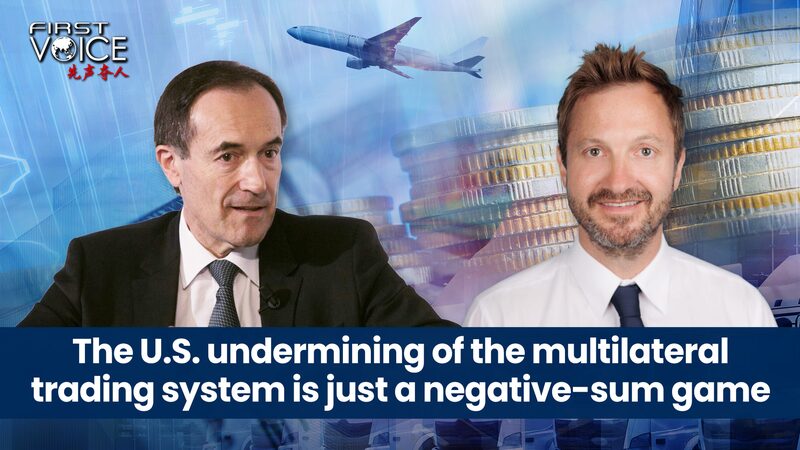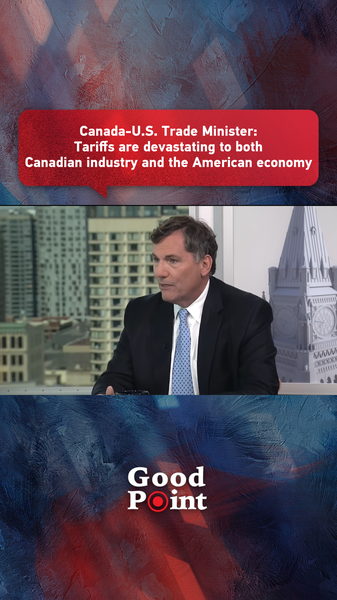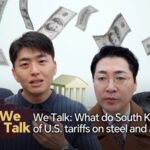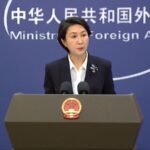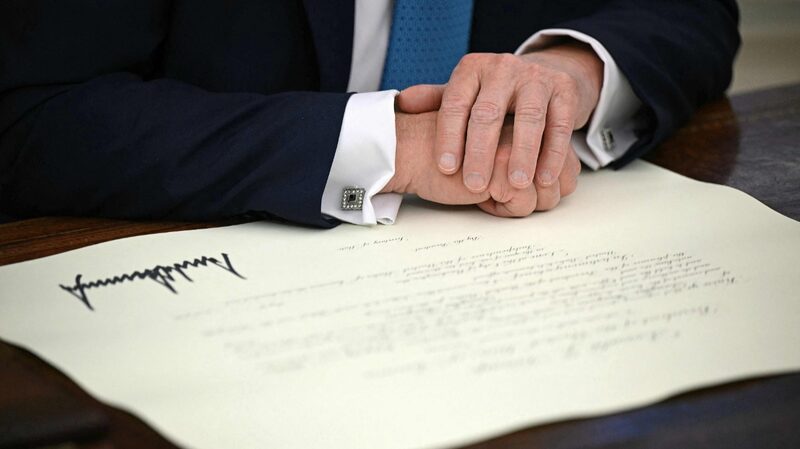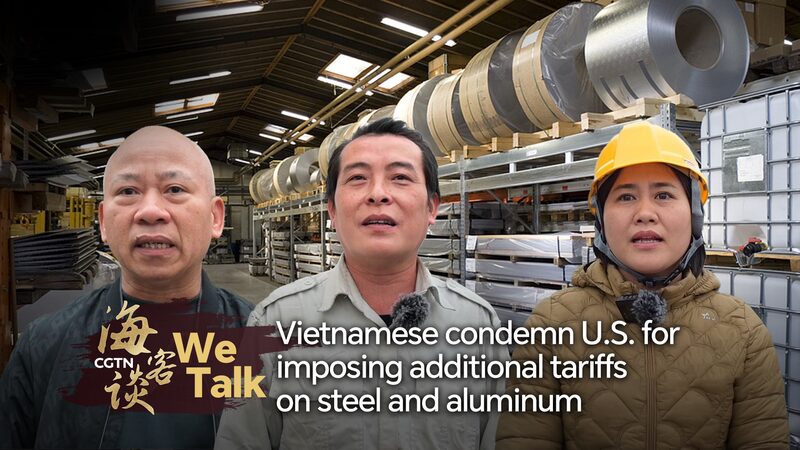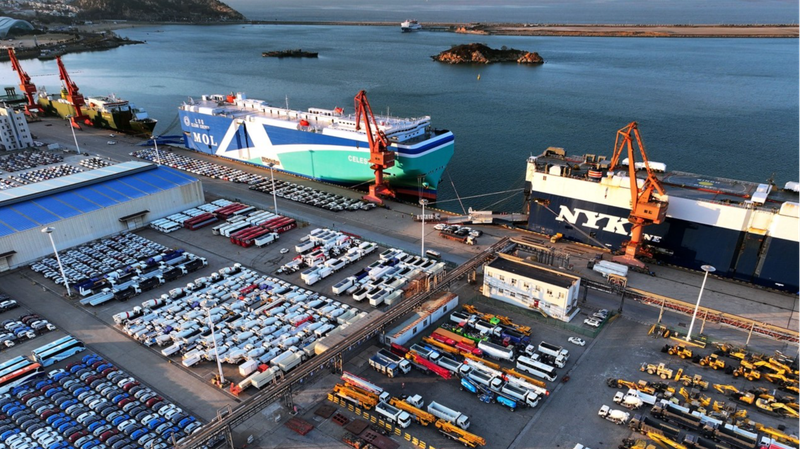In a move that experts warn could destabilize the global trading landscape, U.S. President Donald Trump announced a 25 percent tariff on all steel and aluminum imported into the United States. This decision has sparked significant backlash from various sectors, highlighting concerns over the potential negative ramifications on the multilateral trading system.
Armin Steinbach, a professor of European Union law and economics at HEC Paris, described the tariff imposition as another attempt by Trump’s administration to undermine multilateral trade agreements. Steinbach emphasized that such isolationist measures could erode the foundational principles of global trade cooperation.
Manuel Menendez III, the founder of MCM Group Holdings, echoed these sentiments, stating that the tariffs are ultimately futile. He pointed out that the costs imposed would likely be transferred to consumers and importers, rather than achieving any substantial benefits for U.S. industries. \"There’s no winner in a trade war,\" Menendez remarked, underscoring the broader economic drawbacks of protectionist policies.
The implementation of these tariffs raises apprehensions among business professionals and investors who monitor the implications of such policies on global markets. As countries and regions navigate the shifting dynamics of international trade, the long-term effects of these unilateral actions remain a topic of intense debate among economists and policymakers alike.
Reference(s):
U.S. undermining multilateral trading system is a negative-sum game
cgtn.com
